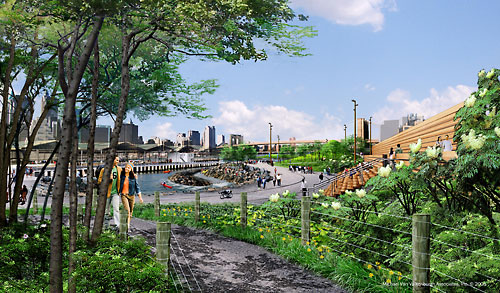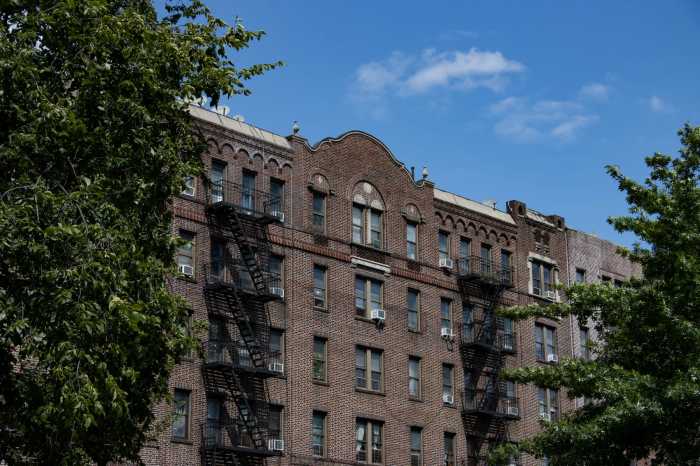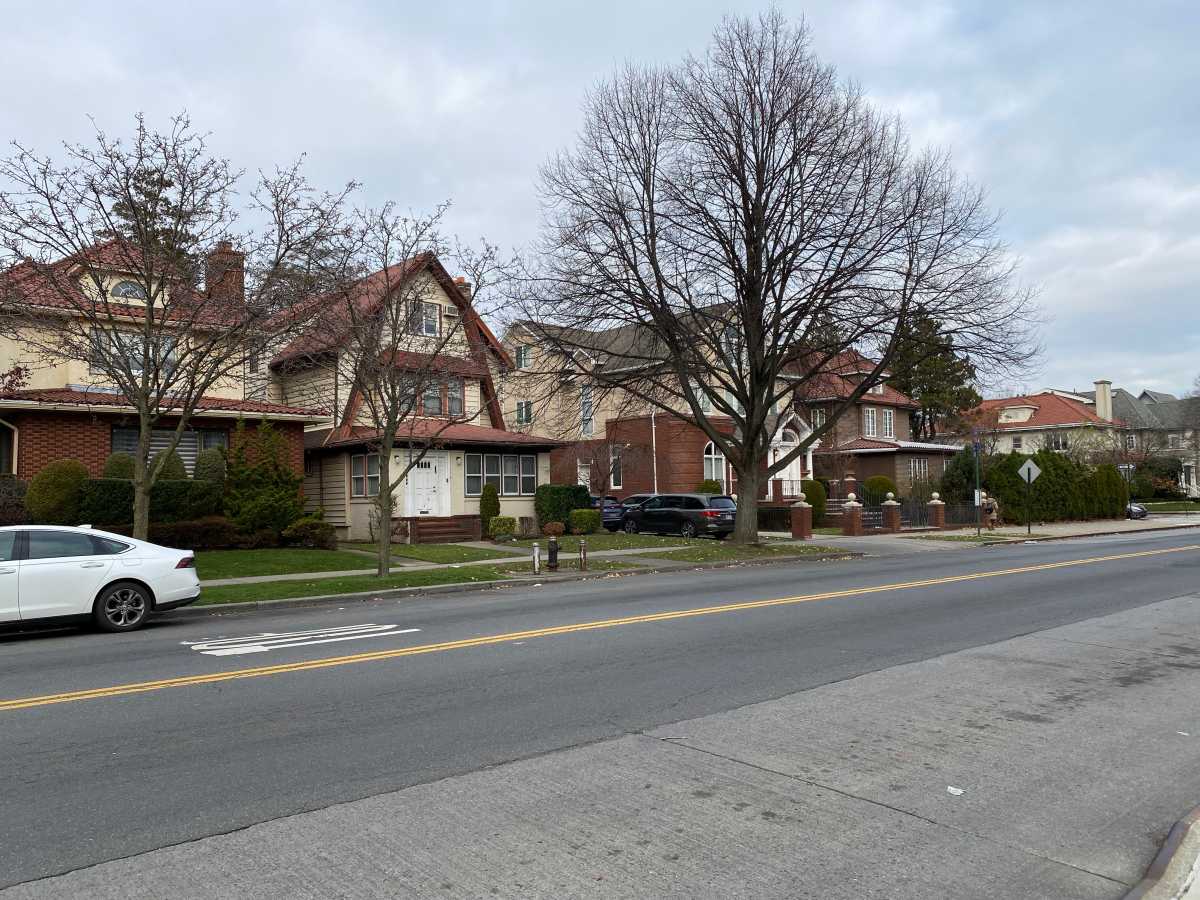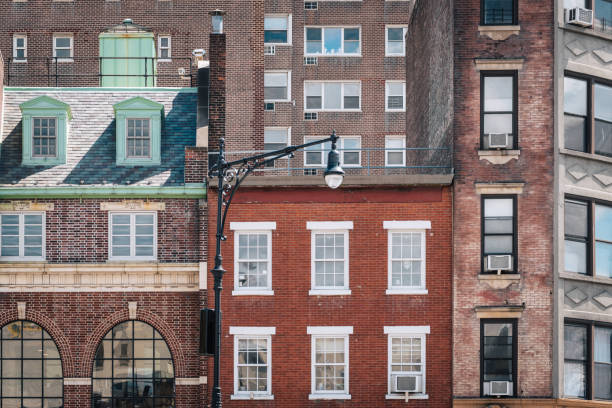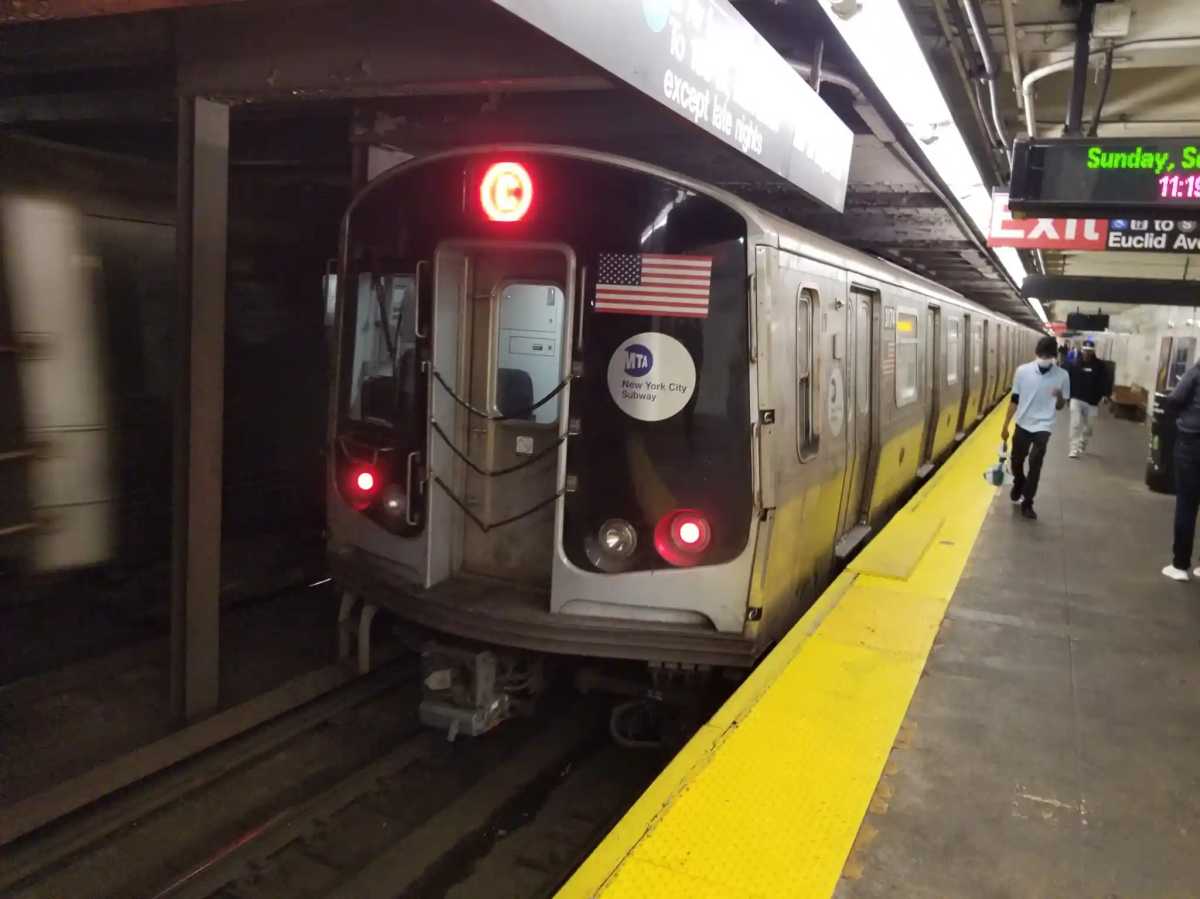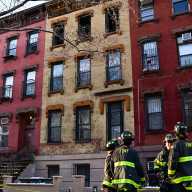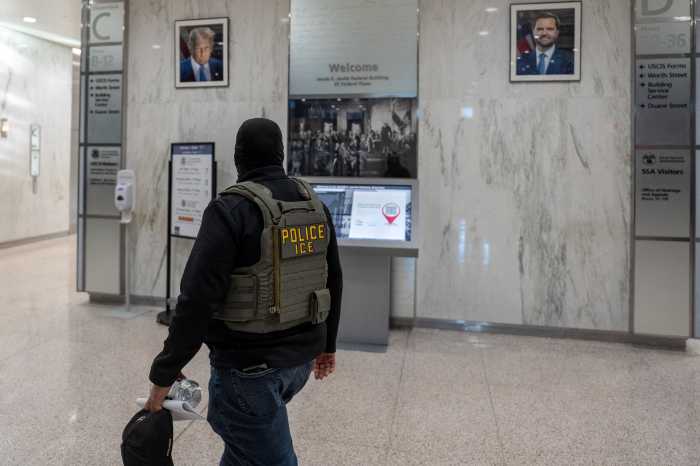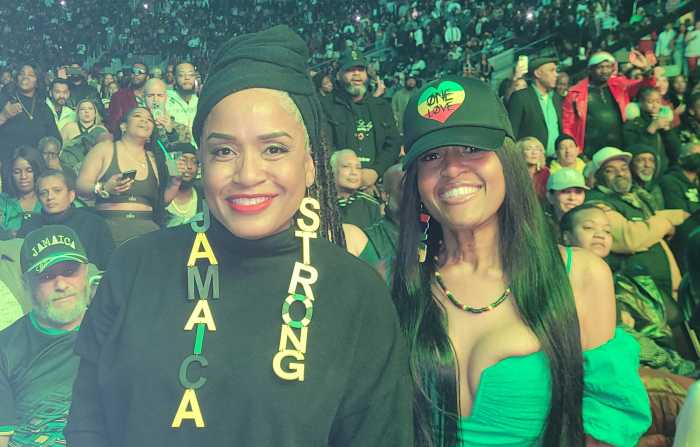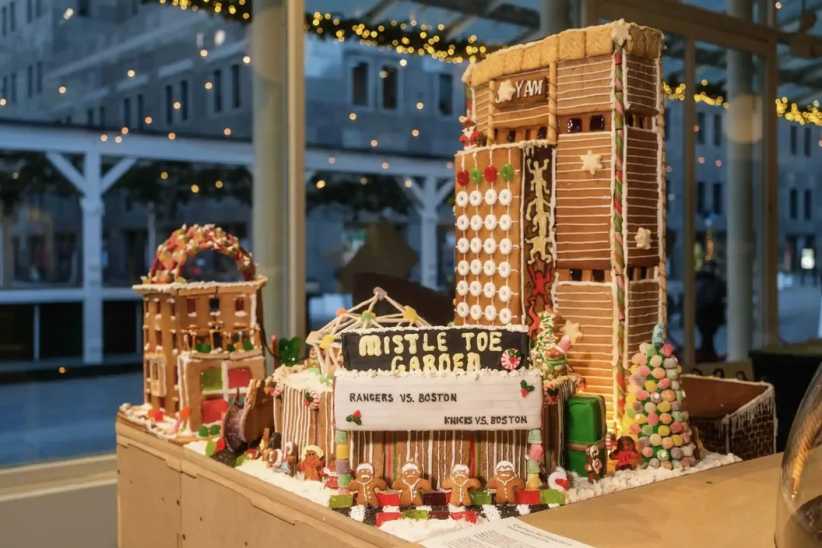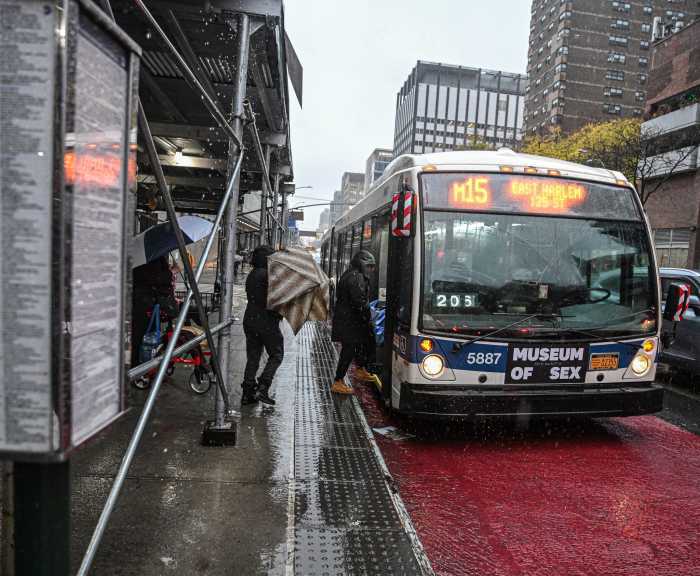Mounting costs to build Brooklyn Bridge Park with no completion date in sight incensed critics during a presentation of long-sought budget figures for the controversial park-and-condo project on Thursday night.
The Brooklyn Bridge Park Development Corporation revealed that it would cost “about $350 million” to build the open space component of the project along the Brooklyn Heights and DUMBO waterfront, $200 million more than Mayor Bloomberg and then-Gov. Pataki set aside in 2002.
The current construction allocation — now closer to $230 million — is not enough to build all the parkland, leaving several key components in limbo until more government funds can be scrounged up for a project that has been in the planning stages since the 1980s.
“I’m getting furious. You got more money than you asked for,” but can’t build what was designed, blasted Dorothy Siegel, a neighborhood activist. “Why didn’t you say, ‘I have $150 million. What can I build for $150 million?’”
The meeting revealed more than just local anger, but some of the nuts-and-bolts financials of the long-stalled project:
• So-called “base costs” would gobble up $194.3 million for things like installing utilities, bulkhead repairs, demolition of existing structures from the bygone shipping era, legal fees and architects’ contracts.
• “Core costs” — building the lawns, ball courts and playgrounds — $121.6 million.
• “Unique costs,” like wave attenuators, other landscaping such as sound-proofing berms, and a wetland require about $32.9 million.
It all adds up to the current $348.8-million budget — and it’s viewable on the Brooklyn Bridge Park Development Corporation Web site.
Ballooning costs aside, city Parks and Recreation Commissioner Adrian Benape called the park “a bargain” compared to many city-built open spaces.
Regina Myer, president of the state agency constructing the park, said costs partially swelled because the proposed park has been expanded to include Pier 6, near the foot of Atlantic Avenue, and the conversion of a Con Edison site on John Street— though the enlargement does not nearly amount for the total increase.
The park builders also disclosed that the annual upkeep expenses grew to $16.1 million from $15.2 million. But they say that when adjusted for inflation, they’ve actually trimmed money from the yearly operation costs compared to the original total, by belt-tightening measures like paring its rider lawnmower fleet from 40 to 20, as the New York Post reported this week.
The annual maintenance and operations budget is crucial because of the unique financial model of the park. Bloomberg and Pataki mandated that the park generate revenue within its borders to cover that yearly upkeep and subsequently — and, as a result, approved plans to build 1,210 luxury apartments, a 225-bed hotel and retail inside the 1.3-mile strip.
These private areas would pay fees to the park’s managers instead of normal property taxes and have been the heart of the contention surrounding the park since they were introduced in a bombshell just before Christmas 2004.
One woman in the audience on Thursday night panned the funding arrangement as “a developers’ plan” because the current scheme favors real-estate developers and their future residents rather than park’s future users.
“You still need $120 million [to build the park] — and that’s only going to go up,” added Judi Francis, who has spearheaded opposition, including a lawsuit, against the current park plan. Her group, Brooklyn Bridge Park Defense Fund, has been calling for a park without any revenue-producing elements.
“Where are you going to go to get it?”
Others reminded that many elements of it are stalled or off the table.
Currently, development officials are only building Pier 1, at the foot of Old Fulton Street, and Pier 6, at the foot of Atlantic Avenue, and turning them into passive recreation space. And aside from the 449-unit One Brooklyn Bridge Park on Furman Street, which is slowly being occupied, there is no plan to build the rest of the housing or hotel.
But David Lowin, a vice president of the development corporation, said the fees from One Brooklyn Bridge Park would provide $3 million a year.
“We can last through mid-2012,” before other revenue streams will be needed to fund the growing park. At that point, the construction of the entire park should be two-thirds complete he said.
At that point, he said, new revenue will have to be in place to maintain the newly completed segments.


